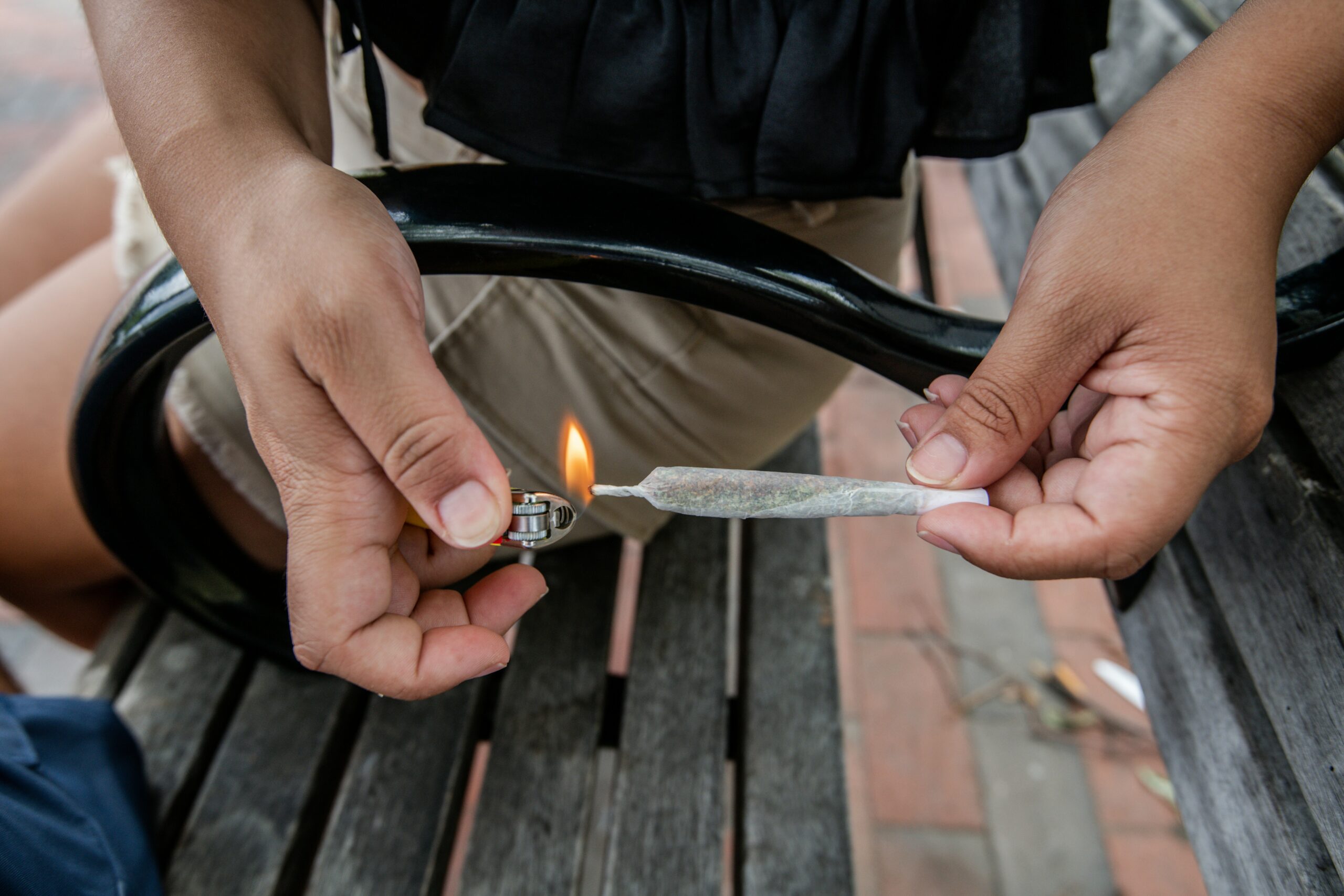Can cognitive decline be accompanied by sleep disturbances? This question piques the curiosity of many seeking to understand how closely our mental faculties are intertwined with our sleep habits. Unraveling this connection can help you better appreciate the importance of sleep in overall cognitive health and well-being.
Understanding Cognitive Decline
Cognitive decline refers to the deterioration of cognitive functions, such as memory, attention, and executive skills. While aging naturally results in some degree of cognitive decline, severe forms can lead to conditions like dementia and Alzheimer's disease. Cognitive decline manifests in various ways, such as forgetfulness, difficulty concentrating, and challenges with problem-solving.
Causes of Cognitive Decline
Cognitive decline can stem from numerous factors, including genetic predisposition, unhealthy lifestyle choices, and chronic diseases. Understanding these causes can offer insight into the preventive measures one might take to mitigate risk. Here are some common causes:
- Age: The most significant risk factor. As you age, the brain undergoes changes that can lead to cognitive decline.
- Genetics: Family history of dementia can predispose you to similar conditions.
- Lifestyle Choices: Poor diet, lack of physical activity, and smoking contribute significantly.
- Chronic conditions: Diabetes, hypertension, and cardiovascular diseases negatively impact cognitive health.
The Role of Sleep in Cognitive Health
Sleep plays a vital role in maintaining cognitive function. Quality sleep supports memory consolidation, mood regulation, and cognitive performance, enhancing your overall mental acuity. Without adequate sleep, these processes can be disrupted, leading to lasting cognitive deficits.
Importance of REM and Deep Sleep
You might be more familiar with the term “REM sleep” than its vital role. REM (Rapid Eye Movement) sleep, and deep sleep stages are crucial for cognitive functions. REM sleep is linked with dreaming and memory consolidation, while deep sleep helps in cell repair and growth, crucial for maintaining brain health.
Here’s a breakdown of sleep stages and their relevance to cognitive functions:
| Sleep Stage | Description | Cognitive Functions Supported |
|---|---|---|
| Stage 1 | Light sleep, transition phase | Minimal cognitive impact |
| Stage 2 | Stable sleep, heart rate slows | Basic cognitive functions and overall brain health |
| Stage 3 | Deep sleep, slow-wave (delta) sleep | Cell repair, memory consolidation |
| REM Sleep | Dreaming, high brain activity | Memory consolidation, emotional regulation |
Sleep Deprivation and Cognitive Performance
When you're sleep-deprived, you may notice problems like forgetfulness, reduced attention span, and impaired judgment. Chronic sleep deprivation can exaggerate these issues, potentially accelerating cognitive decline over time.
Sleep Disturbances: Types and Causes
Sleep disturbances encompass a wide range of disorders that interfere with sleep quality and duration. Knowing the types and causes can help identify potential risks and solutions.
Common Types of Sleep Disturbances
- Insomnia: Difficulty falling asleep or staying asleep.
- Sleep Apnea: Breathing interruptions during sleep.
- Restless Leg Syndrome: Uncontrollable leg movements during sleep.
- Narcolepsy: Excessive daytime sleepiness and sleep attacks.
Causes of Sleep Disturbances
Various factors contribute to sleep disturbances, including lifestyle choices, mental health conditions, and underlying medical issues. Here are some common causes:
- Stress and Anxiety: Mental health conditions can disrupt your sleep patterns.
- Diet and Nutrition: Poor eating habits and consumption of stimulants like caffeine.
- Medical Conditions: Chronic pain, diabetes, and cardiovascular disease.
- Environmental Factors: Noise, light, and uncomfortable sleep settings.
Link Between Cognitive Decline and Sleep Disturbances
So, how exactly are cognitive decline and sleep disturbances connected? Research shows that poor sleep can both be a symptom and a contributor to cognitive decline. Below, we'll explore these connections in detail.
Sleep Disturbances as a Symptom of Cognitive Decline
If you're experiencing cognitive decline, you might find it harder to maintain regular sleep patterns. Individuals with dementia and Alzheimer's disease often experience sleep disturbances, including frequent awakenings, daytime sleepiness, and changes in sleep-wake cycles. This can further degrade cognitive function, creating a vicious cycle that's challenging to break.
Sleep Disturbances as a Contributor to Cognitive Decline
A growing body of evidence suggests that not only can cognitive decline lead to sleep disturbances, but poor sleep can also accelerate cognitive decline. Sleep plays a crucial role in removing toxins from the brain, such as beta-amyloid, which is implicated in Alzheimer's disease. Poor sleep quality means these toxins are not adequately cleared, potentially accelerating cognitive decline.
The Bidirectional Relationship
The relationship between sleep and cognitive decline is bidirectional: cognitive decline can lead to sleep disturbances, and poor sleep can contribute to cognitive decline. Understanding this complex interplay can help you identify early signs and take preventive measures.

Impact of Specific Sleep Disorders on Cognitive Decline
Not all sleep disturbances impact cognitive function the same way. Some disorders have stronger links to cognitive decline. Understanding these specific impacts can help tailor interventions more effectively.
Insomnia
Insomnia is strongly associated with cognitive impairments, especially in older adults. Lack of sleep leads to reduced attention, slower thinking, and increased forgetfulness. Chronic insomnia can also elevate stress and anxiety levels, further deteriorating cognitive functions.
Sleep Apnea
Sleep apnea results in fragmented sleep due to repeated breathing interruptions. This disorder is linked to memory loss, difficulty concentrating, and an increased risk of dementia. Treatment of sleep apnea, such as using a CPAP machine, can sometimes improve cognitive functions and overall quality of life.
Restless Leg Syndrome (RLS)
RLS can severely disrupt sleep, leading to chronic fatigue and cognitive issues. The constant urge to move your legs can prevent you from entering deep sleep stages, resulting in impaired memory and decreased cognitive performance.
Preventive Measures and Interventions
Promoting good sleep hygiene and addressing sleep disorders early on can go a long way in preventing cognitive decline. Here’s how you can approach this.
Lifestyle Changes
Simple lifestyle modifications can significantly improve your sleep quality and cognitive health. Consider the following tips:
- Regular Exercise: Physical activity can promote better sleep and improve cognitive function.
- Healthy Diet: A balanced diet rich in fruits, vegetables, and lean proteins can support brain health.
- Stress Management: Techniques like mindfulness, yoga, and deep breathing can help alleviate stress, improving both sleep and cognitive function.
Medical Interventions
For more severe cases of sleep disturbances, medical interventions may be necessary. Consult a healthcare provider for appropriate treatments:
- Medications: Prescription medications can help in treating insomnia, RLS, and other sleep disorders.
- Cognitive Behavioral Therapy (CBT): Effective in treating insomnia, CBT addresses the thoughts and behaviors that prevent you from getting restful sleep.
- Device-Based Therapies: CPAP machines for sleep apnea are highly effective in improving sleep quality and cognitive function.
The Role of Sleep Tracking and Monitoring Devices
With advancements in technology, tracking and improving sleep quality has become more accessible. Wearable devices, smart mattresses, and apps can provide valuable insights into your sleep patterns, helping identify issues that might require intervention.
Benefits of Sleep Tracking
- Personalized Insights: Understand your unique sleep patterns and disturbances.
- Early Detection: Identify deviations from your normal sleep patterns that might signal cognitive decline.
- Behavior Modification: Help you adopt healthier sleep habits through data-driven recommendations.
Popular Sleep Tracking Devices
You might be curious about which devices are effective in tracking sleep quality. Here are some popular options:
| Device | Features | Price Range |
|---|---|---|
| Fitbit | Sleep stages, Stress management | $100 – $300 |
| Oura Ring | Sleep stages, Temperature tracking | $300 – $400 |
| Apple Watch | REM Sleep, Sleep notifications | $200 – $500 |
| SleepScore Max | Contactless sleep monitoring, Sleep coaching | $150 – $200 |
Conclusion
The link between cognitive decline and sleep disturbances is both complex and significant. By understanding the bidirectional relationship between these two phenomena, you can take proactive steps to enhance your sleep quality and, by extension, protect your cognitive health. Simple lifestyle changes, effective medical treatments, and modern sleep tracking technologies can offer comprehensive solutions to keep both your mind and body in optimal condition.
Remember, good sleep is integral to maintaining robust cognitive function. Whether you're aging gracefully or looking to preserve your mental sharpness, prioritizing sleep can make a world of difference in your overall quality of life.



